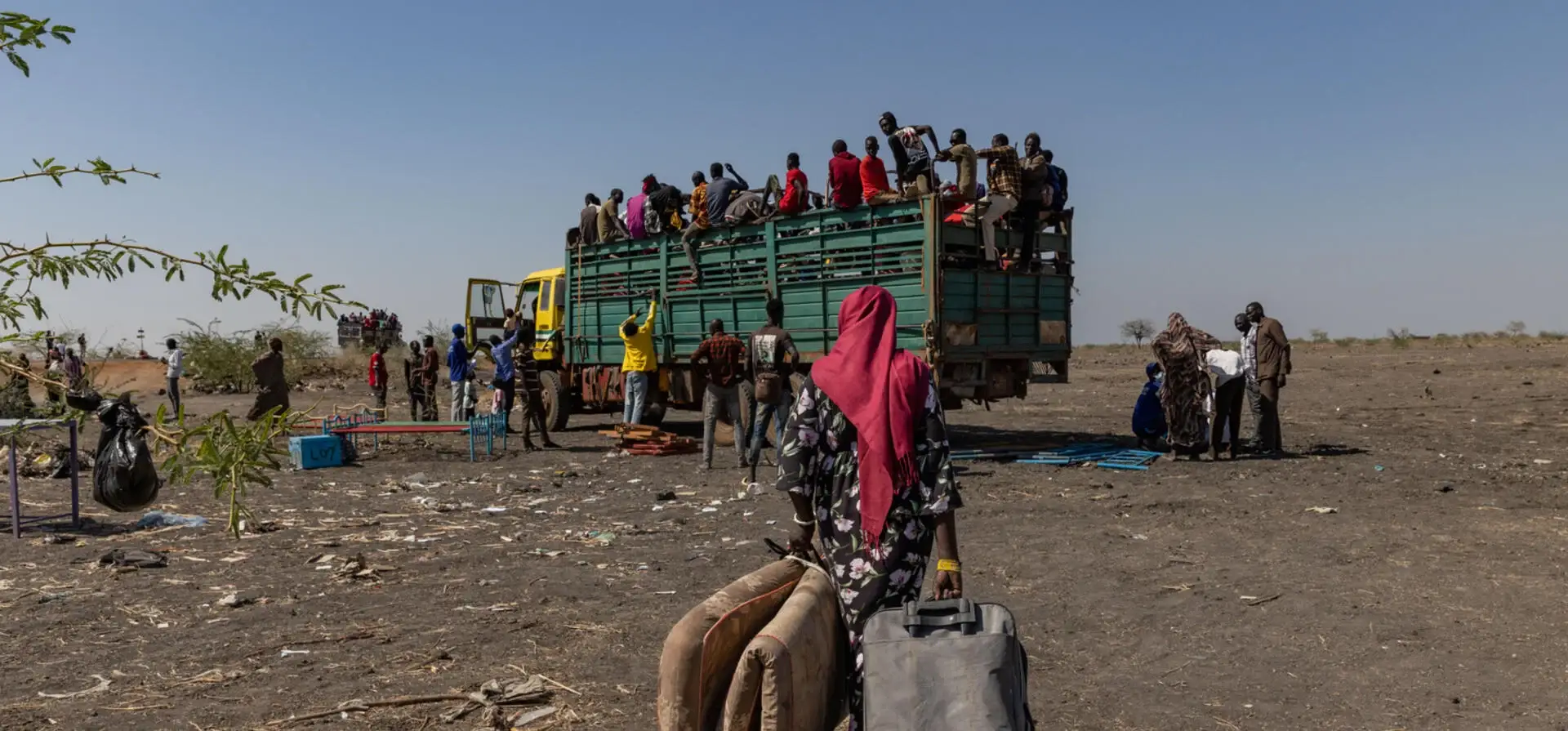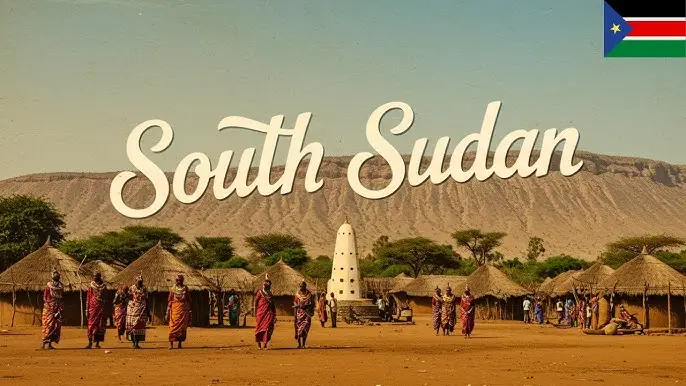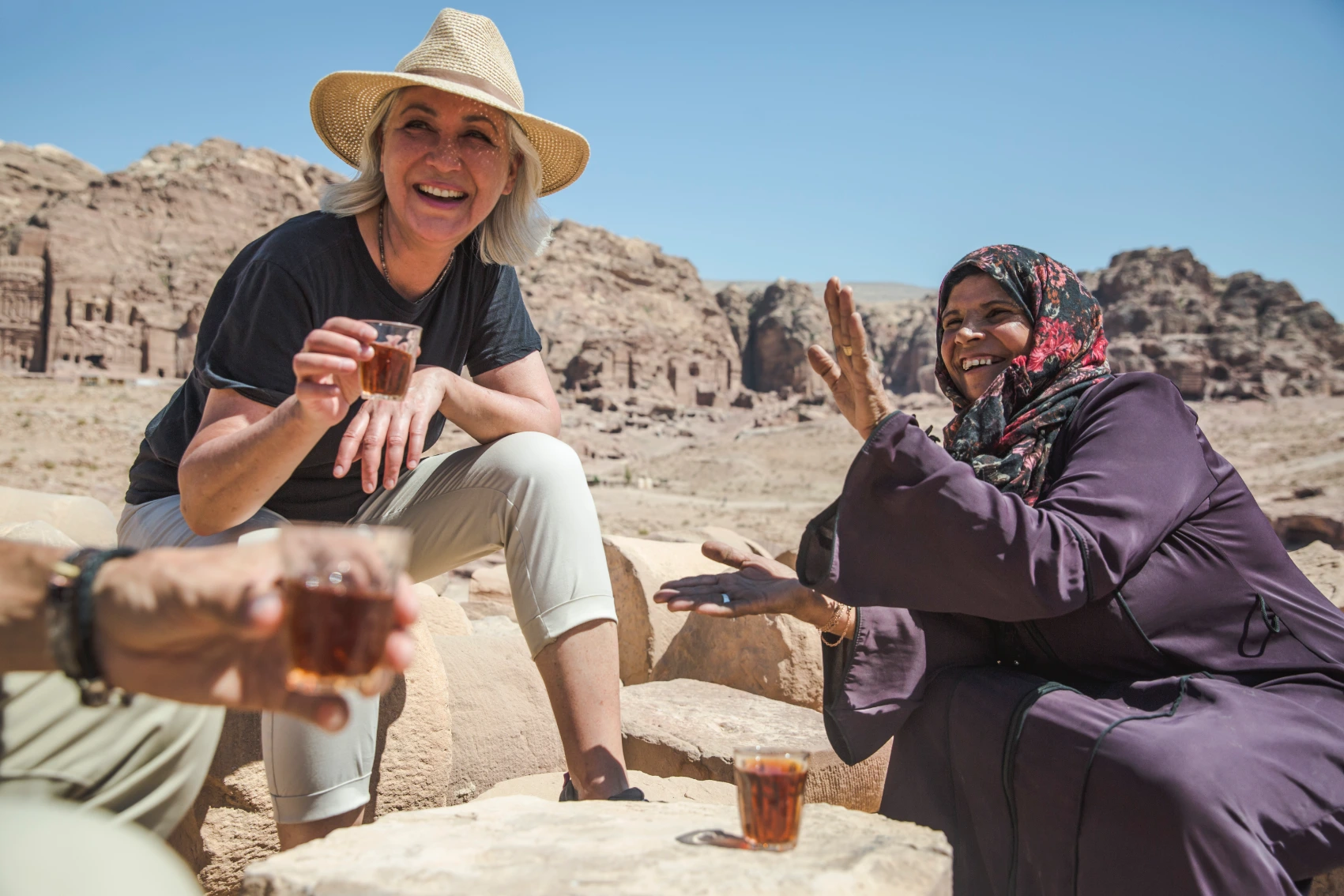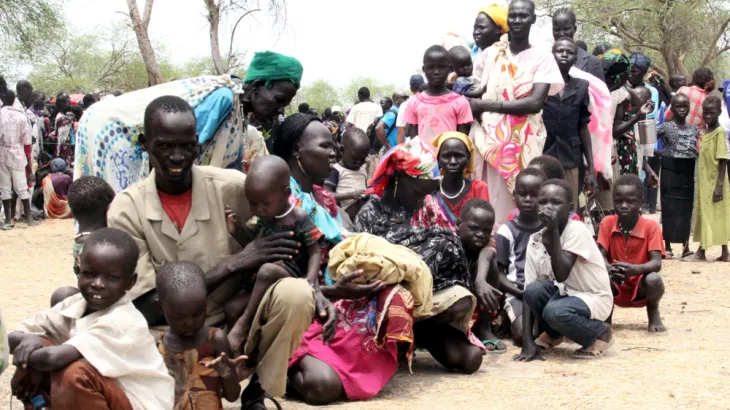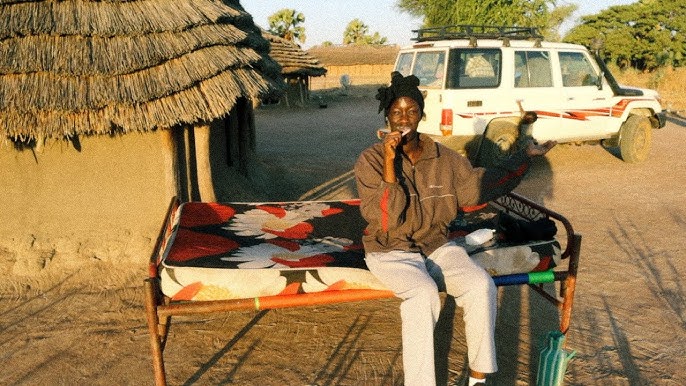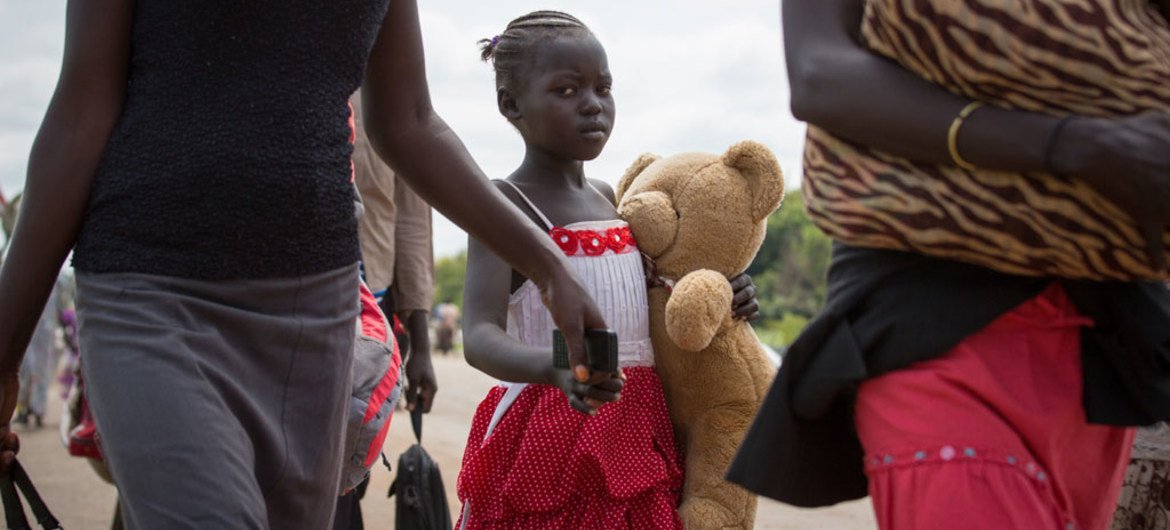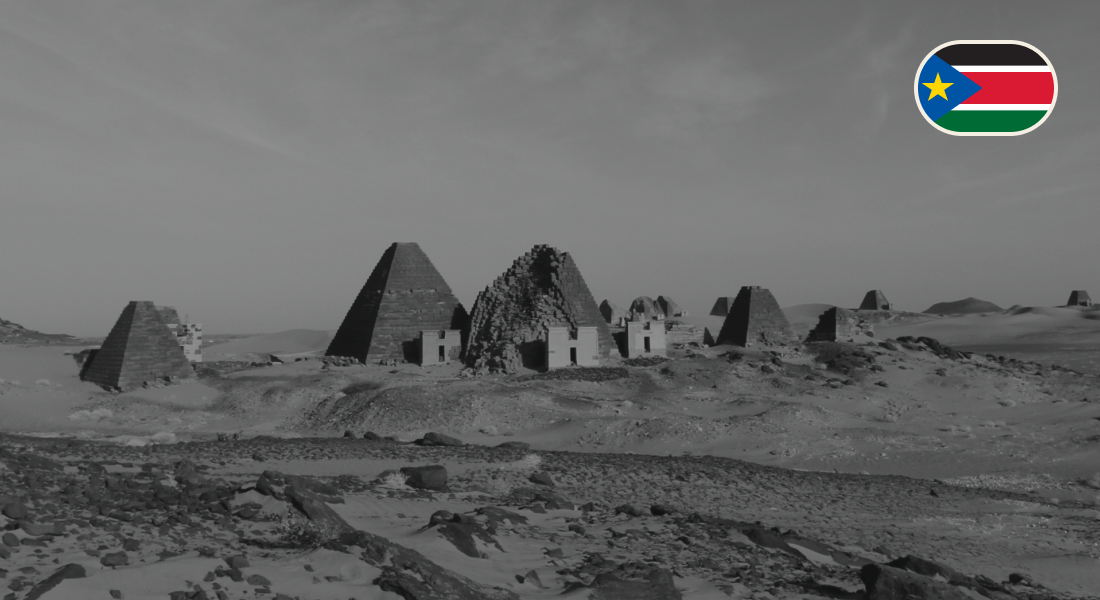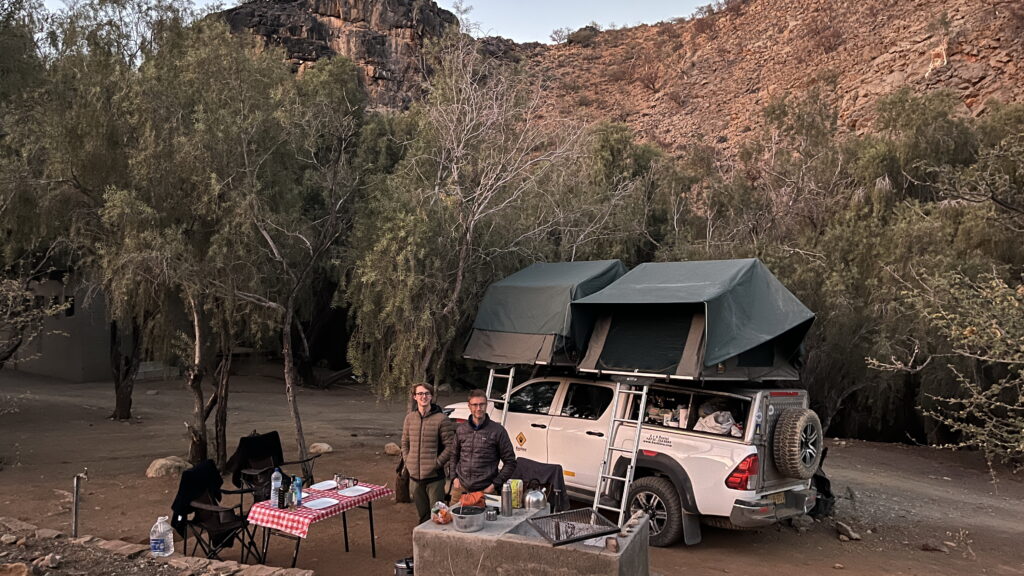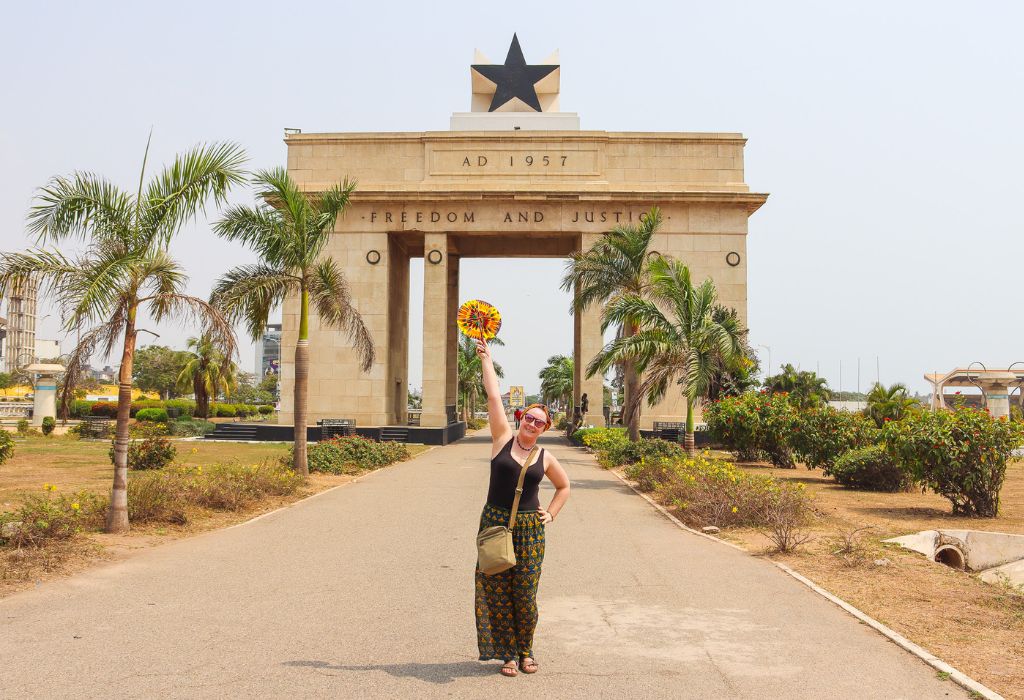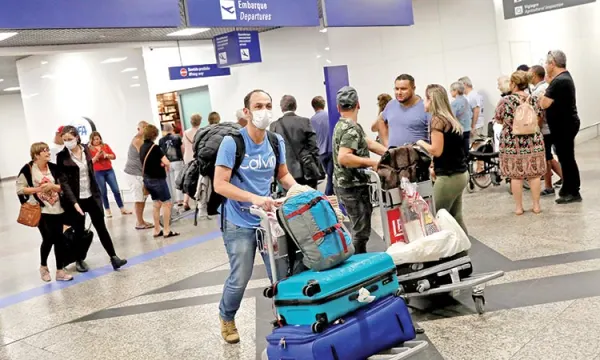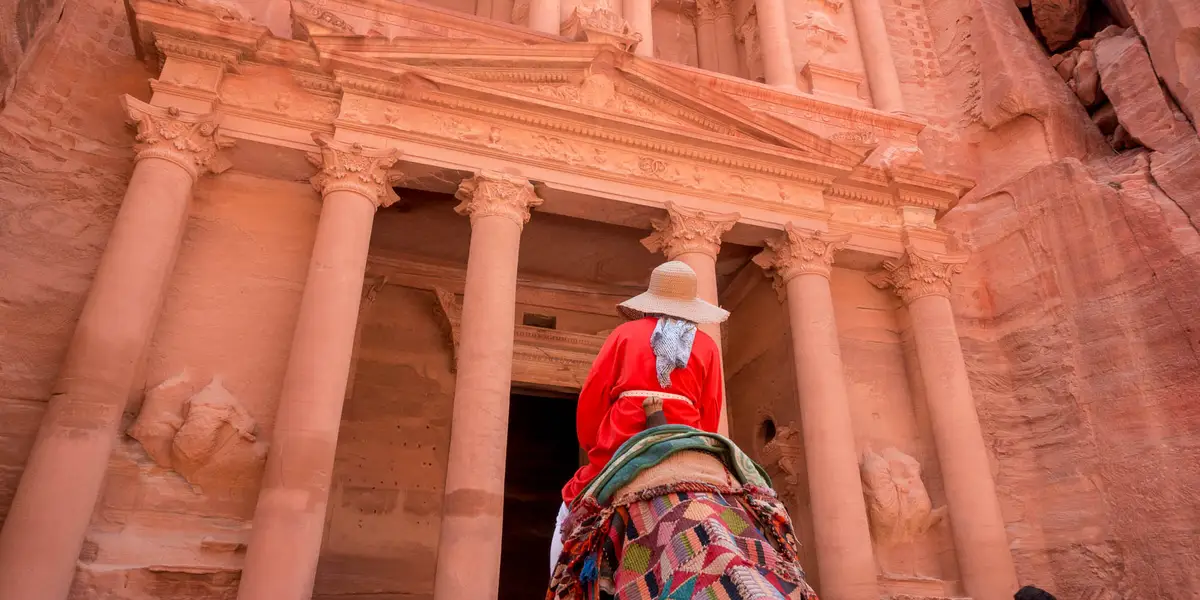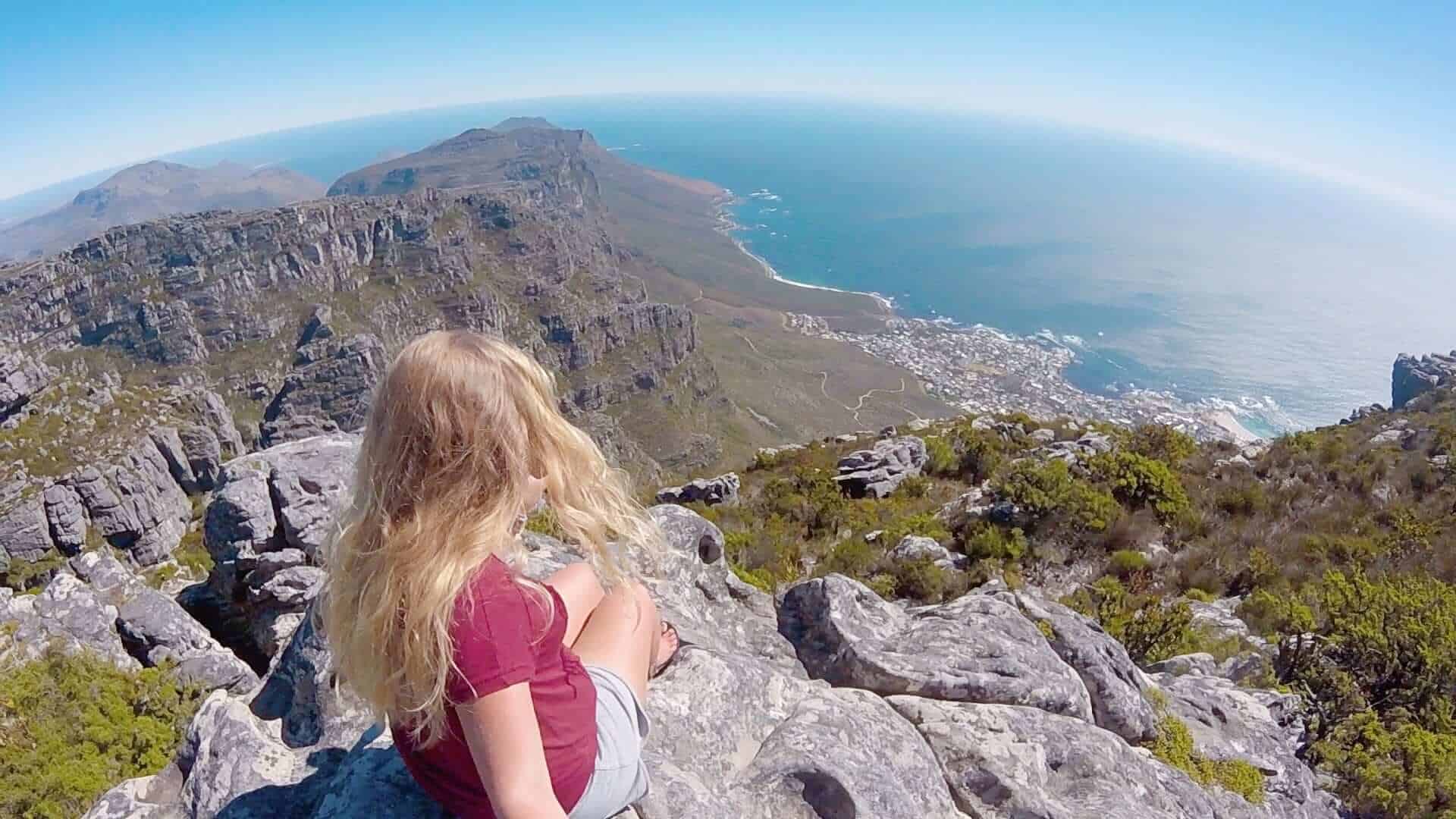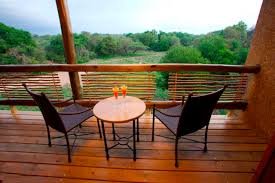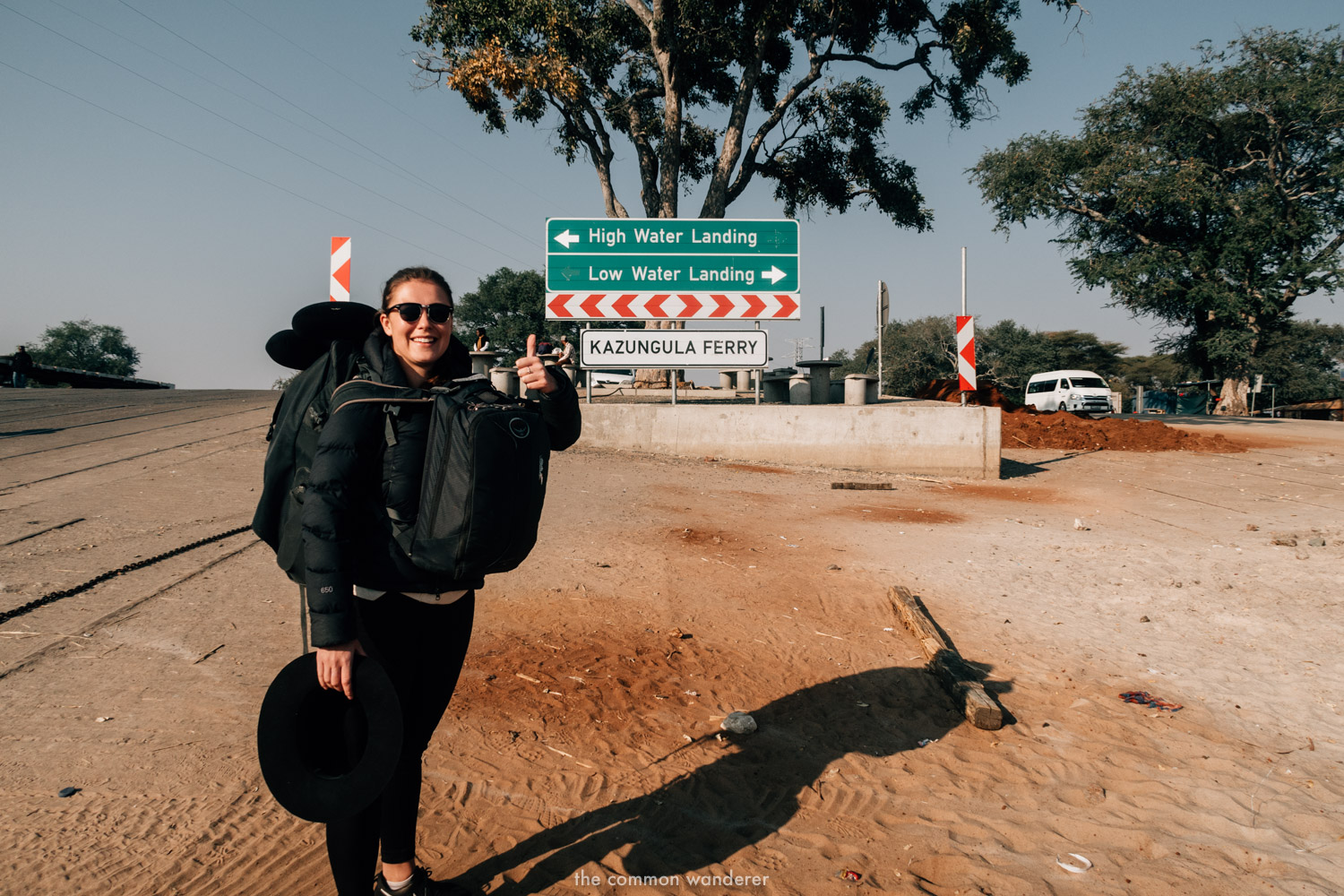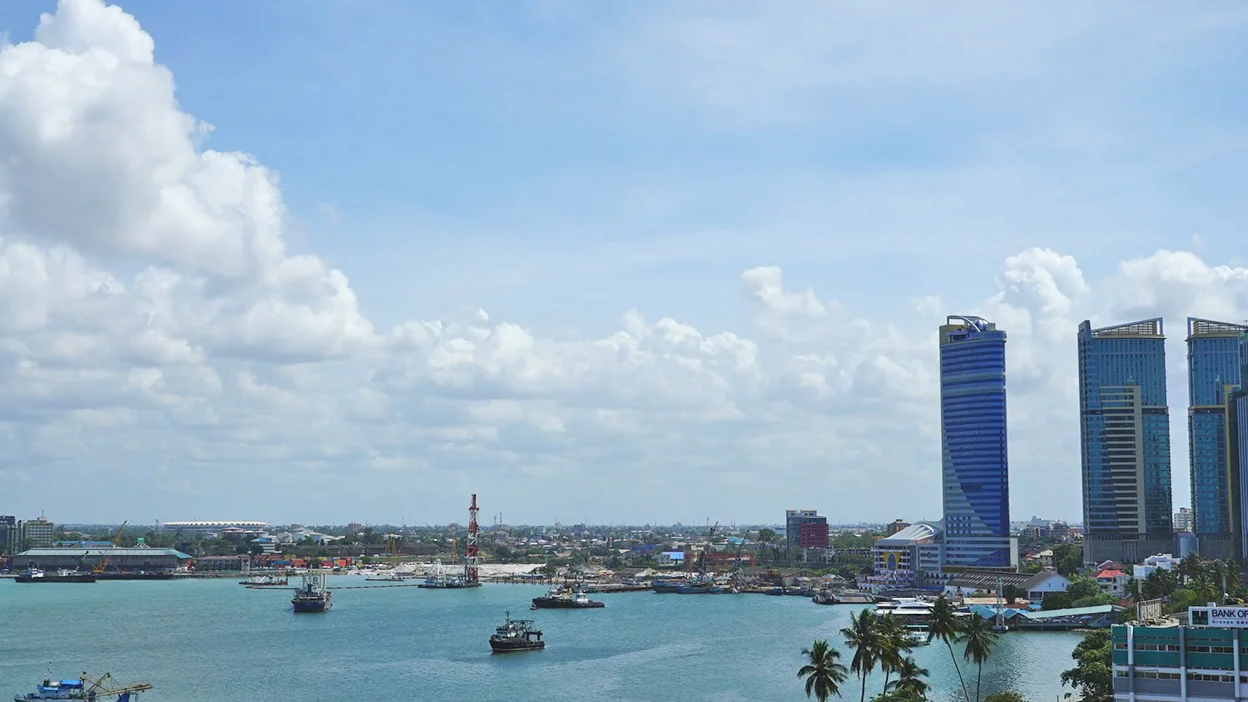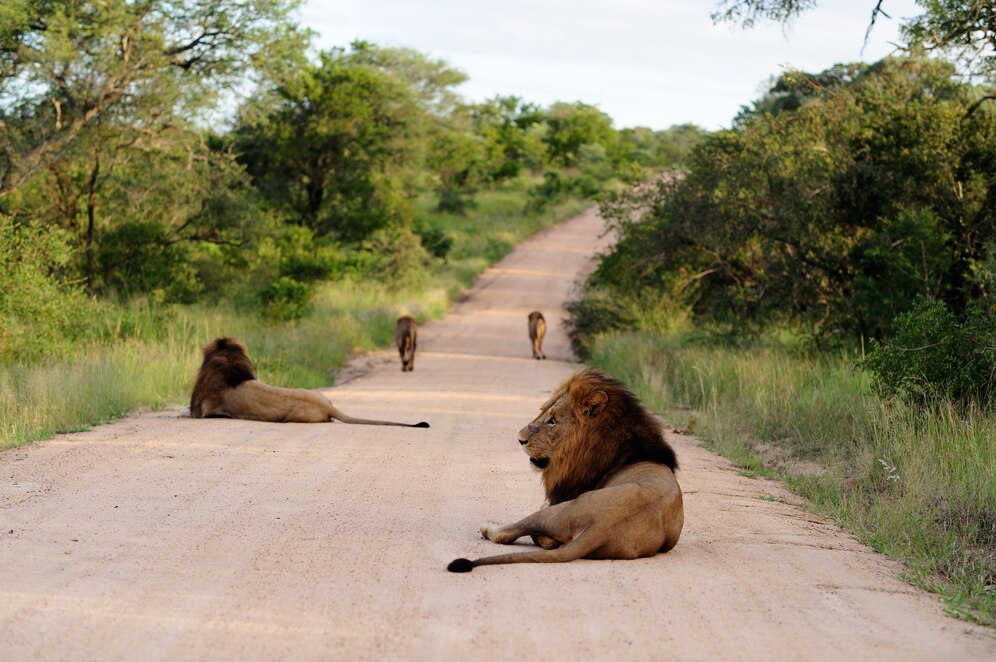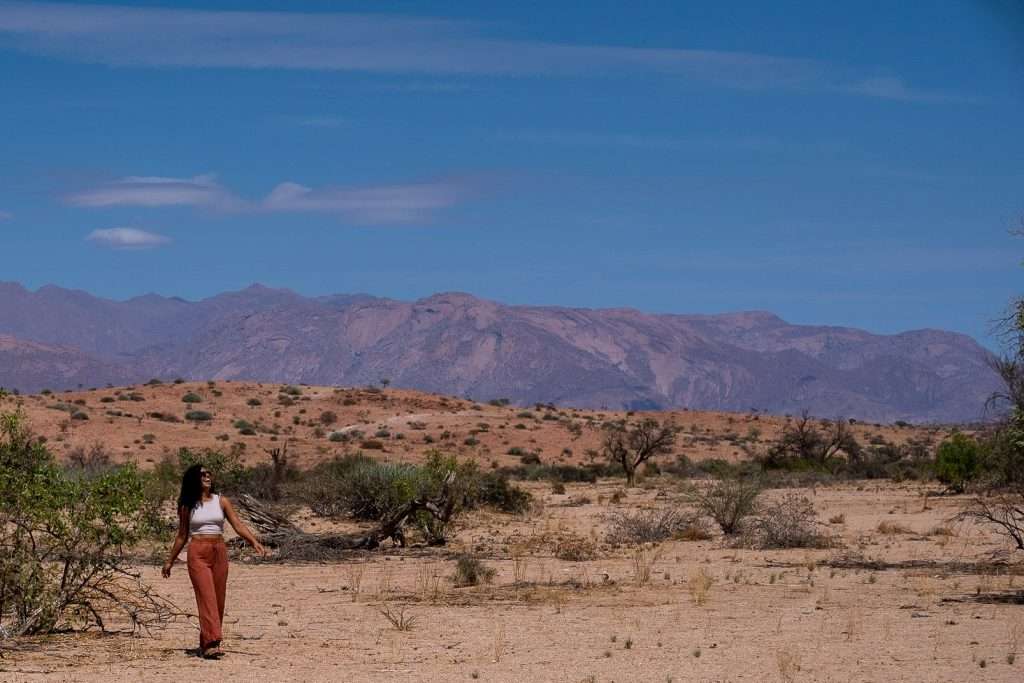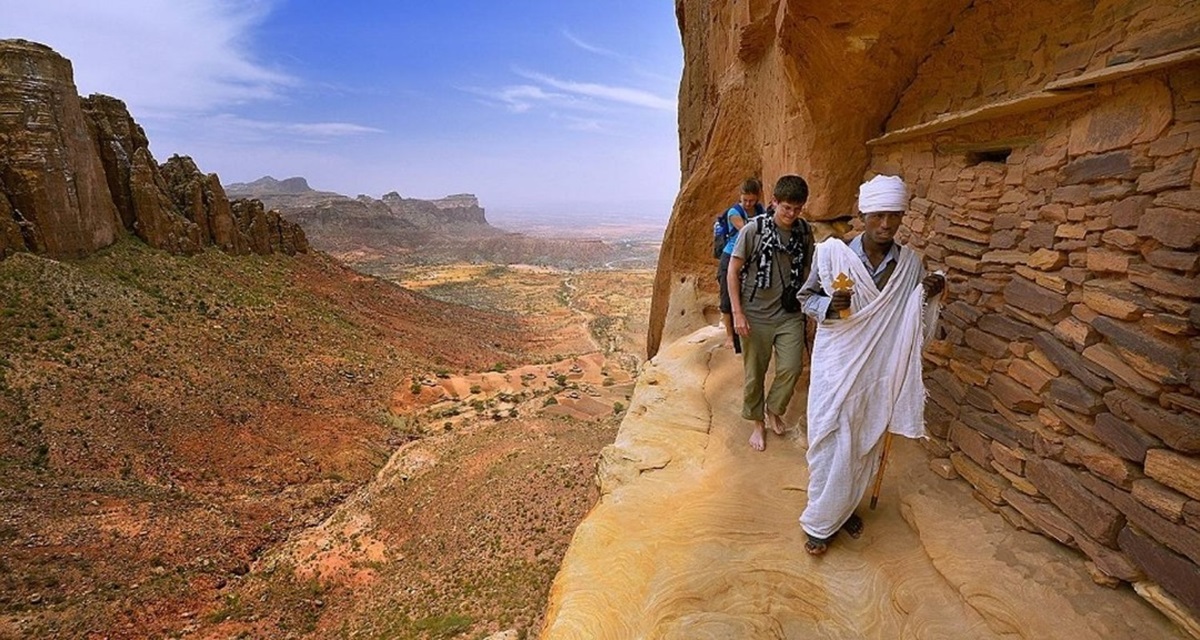
Should You Travel to Ethiopia Right Now?
Ethiopia is a land steeped in legend and history — the cradle of humanity, home to the hewn churches, ancient kingdoms, and stunning landscapes from the Simien Mountains to the Danakil Depression. Its cultural richness and natural beauty have long drawn adventurers and culturally curious travelers from around the globe.
However, Ethiopia’s recent history has been marred by internal conflict, political unrest, and ethnic tensions, leading many to ask: Is it safe to travel to Ethiopia in 2025?
This guide offers a nuanced and up-to-date overview of the safety situation across the country. Whether you’re planning a trip or just curious about current travel conditions, we’ll help you make an informed decision with region-specific safety breakdowns, expert travel tips, and practical advice.
Understanding Ethiopia’s Current Situation: A Complex Landscape
The security situation in Ethiopia is fluid and varies greatly depending on the region. While some areas remain stable and welcoming, others continue to experience political unrest, armed conflict, and humanitarian crises. Travelers need to stay alert, informed, and flexible.
Here are key factors contributing to Ethiopia’s complex security landscape:
1. Regional Conflicts
-
Tigray Region: Once a popular destination due to its rock-hewn churches and scenic beauty, Tigray became the center of a devastating civil conflict that began in 2020. A ceasefire was signed in late 2022, but tensions and sporadic violence continue. Humanitarian access is limited, and most foreign governments advise against travel here.
-
Amhara and Oromia Regions: These have seen varying levels of unrest, including clashes between armed groups and government forces. The situation can escalate quickly, and some towns may become inaccessible without notice.
2. Ethnic and Political Tensions
Ethiopia is a multi-ethnic nation, and longstanding ethnic rivalries, particularly among the Amhara, Oromo, Tigrayan, and other groups, continue to influence national politics. Protests and demonstrations can arise with little warning, sometimes resulting in violence or road closures.
3. Government Travel Advisories
Always consult your government’s travel advisories:
-
U.S. Department of State currently advises “Do Not Travel” to several regions, including Tigray, and “Reconsider Travel” to others.
-
UK Foreign, Commonwealth & Development Office (FCDO) maintains regularly updated advice for all regions of Ethiopia.
These advisories are essential reading before any trip and should be monitored while in-country.
Regions to Avoid in Ethiopia (as of 2025)
Not all areas in Ethiopia are created equal when it comes to safety. Some regions present higher risks due to ongoing conflicts, tensions, and poor infrastructure.
❌ Tigray Region
-
Why avoid it? Despite the 2022 peace agreement, Tigray remains volatile, with reports of violence, human rights violations, and a lack of basic services.
-
Access: Permits are extremely limited, and some areas are inaccessible even to humanitarian agencies.
❌ Parts of the Amhara Region
-
What to know: Some cities and towns in Amhara have seen uprisings and clashes between local militias and government forces.
-
Exceptions: Gondar and Bahir Dar may remain relatively peaceful, but travel conditions can change quickly.
❌ Parts of the Oromia Region
-
Issues: Insurgent activity in parts of western and southern Oromia makes road travel risky. There have been reports of ambushes and roadblocks.
-
Caution: Avoid rural areas and always confirm local conditions before heading to smaller towns.
❌ Border Areas
-
Eritrea and Somalia borders: These regions are heavily militarized and considered high-risk due to banditry, landmines, and inter-state tensions.
-
South Sudan and Sudan borders: Tensions and refugee flows make this area unpredictable and unstable.
Safer Places to Visit in Ethiopia in 2025
Despite the instability in some areas, Ethiopia still offers rewarding travel experiences in regions that are relatively stable and safe for tourists, especially when traveling with a reputable guide or local operator.
✅ Addis Ababa
-
Why visit: The capital city is a cultural hub with museums, restaurants, coffee shops, and historical landmarks like the Holy Trinity Cathedral and the Ethnological Museum.
-
Safety: Petty crime exists (as in any big city), so remain vigilant, especially at night or in crowded areas like Mercato (Africa’s largest open-air market).
✅ Lalibela (check conditions)
-
Famous for: UNESCO-listed rock-hewn churches that draw pilgrims and tourists alike.
-
Note: Lalibela has been at the center of various conflicts, but peace has mostly returned. Always check with locals or your tour operator for real-time updates.
✅ Southern Nations, Nationalities, and Peoples’ Region (SNNPR)
-
Why it’s worth visiting: This region offers fascinating tribal cultures (like the Mursi and Hamar), dramatic landscapes, and authentic rural experiences.
-
Popular places: Konso, Arba Minch (gateway to Nechisar National Park), and the Omo Valley.
-
Tips: Travel with a guide experienced in the region’s customs and logistics.
✅ Simien Mountains (if open)
-
Adventure lovers: Ethiopia’s best trekking destination offers stunning views, wildlife (like the Gelada monkey), and highland culture.
-
Safety: Parts of Amhara control this region, so check security updates and only book with trusted tour providers.
Top Travel Tips for Staying Safe in Ethiopia
If you’re planning to visit Ethiopia despite the risks, take these precautions to maximize your safety and minimize potential problems:
1. Stay Informed — Constantly
-
Follow local news via apps like BBC Africa or Al Jazeera.
-
Set up Google Alerts for regions you’ll visit.
-
Download offline maps and guides (like Maps.me or the Bradt Guide to Ethiopia).
2. Register with Your Embassy
-
Most embassies offer a registration program (like the U.S. STEP program) for emergency contact and updates.
3. Use Local Knowledge
-
Travel with reputable local tour guides and operators who understand the terrain, security risks, and cultural norms.
-
Avoid DIY travel to rural or unfamiliar regions.
4. Avoid Demonstrations
-
Even peaceful protests can turn violent quickly.
-
If you see crowds forming, leave the area immediately.
5. Respect Local Customs and Dress Codes
-
Especially in conservative or religious areas, modest dress is important.
-
Public displays of affection are uncommon and may attract negative attention.
6. Limit Night Travel
-
Road safety is poor in many areas, and night travel increases the risk of accidents and security issues.
7. Secure Your Belongings
-
Use money belts, anti-theft daypacks, and always lock your accommodations.
-
Avoid flaunting valuables like smartphones or cameras in crowded places.
8. Buy Comprehensive Travel Insurance
-
Make sure it covers emergency evacuation, medical expenses, and trip cancellation due to political unrest.
Is It Ethical to Travel to Ethiopia Now?
This is a personal decision, but it’s worth considering the implications:
-
Positive impact: Your visit can support small businesses and communities that depend on tourism.
-
Negative risk: Traveling to conflict zones can burden local infrastructure or put you and others at risk.
Stick to safer, stable areas and use ethical, locally run tour companies. Always respect local guidelines and give back where you can — whether by tipping well, hiring local guides, or contributing to grassroots initiatives.
Should You Travel to Ethiopia in 2025?
So, is it safe to travel to Ethiopia in 2025? The answer depends on where you’re going, how you plan your trip, and how much risk you’re comfortable with.
Ethiopia remains one of the most culturally and geographically fascinating countries in the world. While the recent conflict has damaged parts of its tourism reputation, the spirit of its people and the beauty of its landscapes remain undiminished in many places.
If you do travel:
-
Prioritize safety over spontaneity.
-
Plan with caution, consult up-to-date sources, and use local experts.
-
Stay flexible, as road closures and political events can change your plans with little notice.




